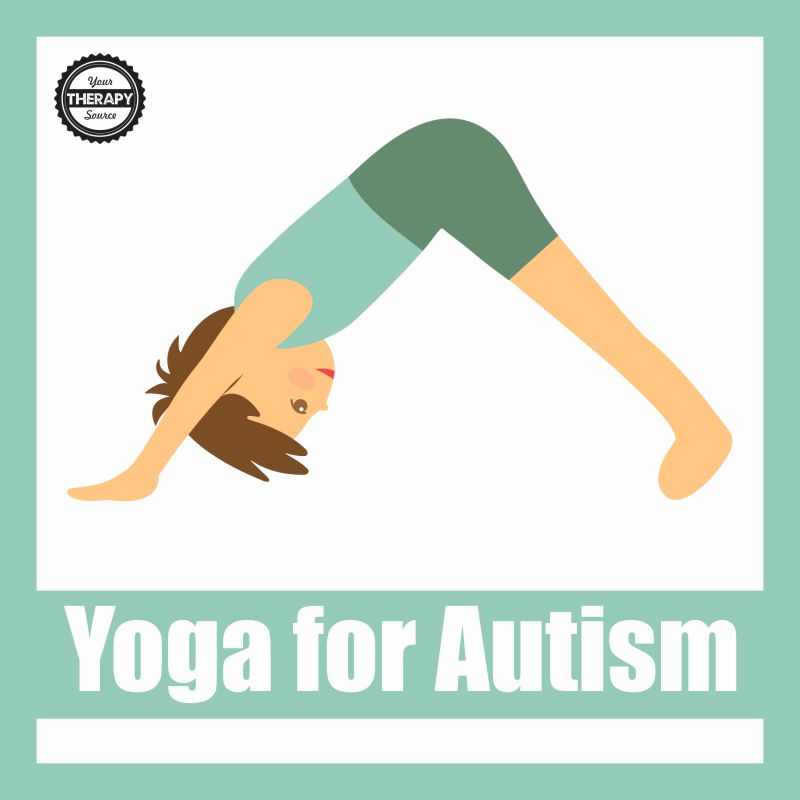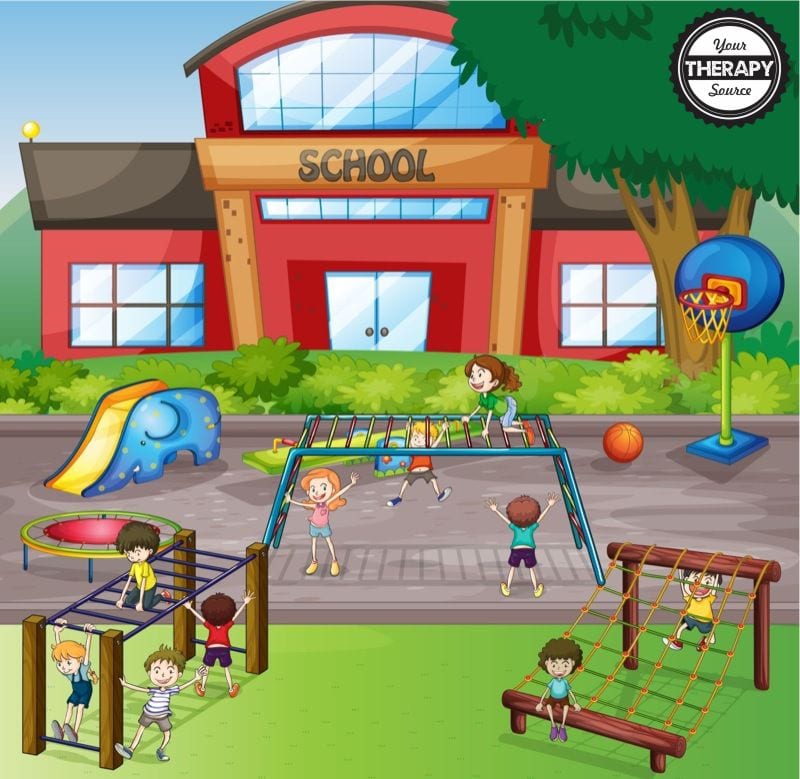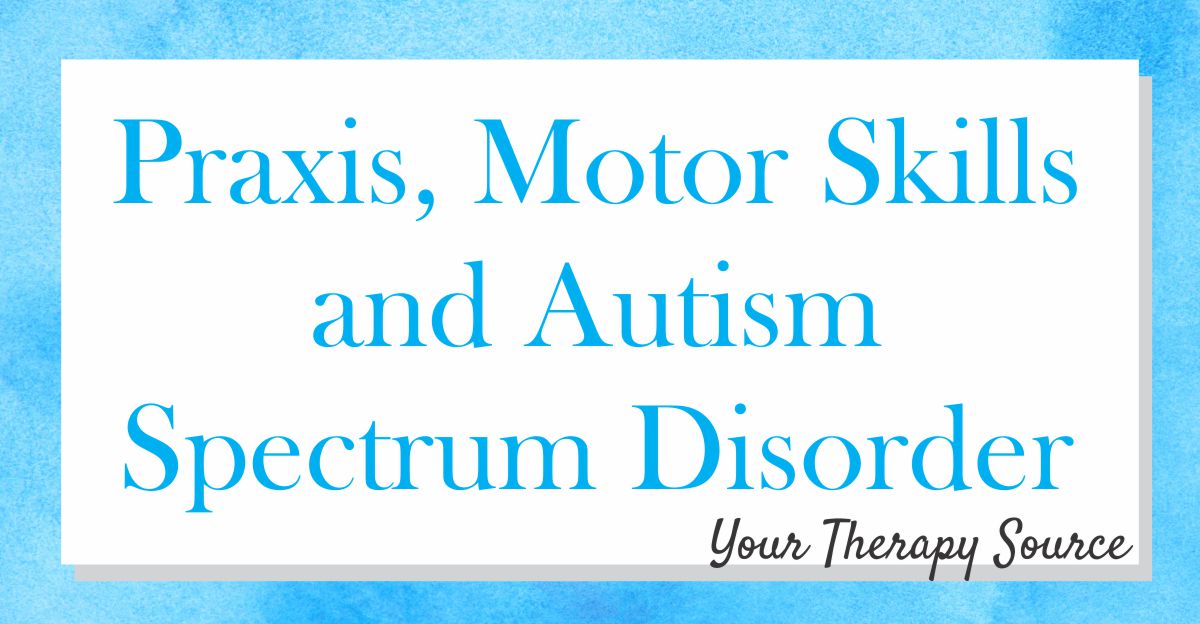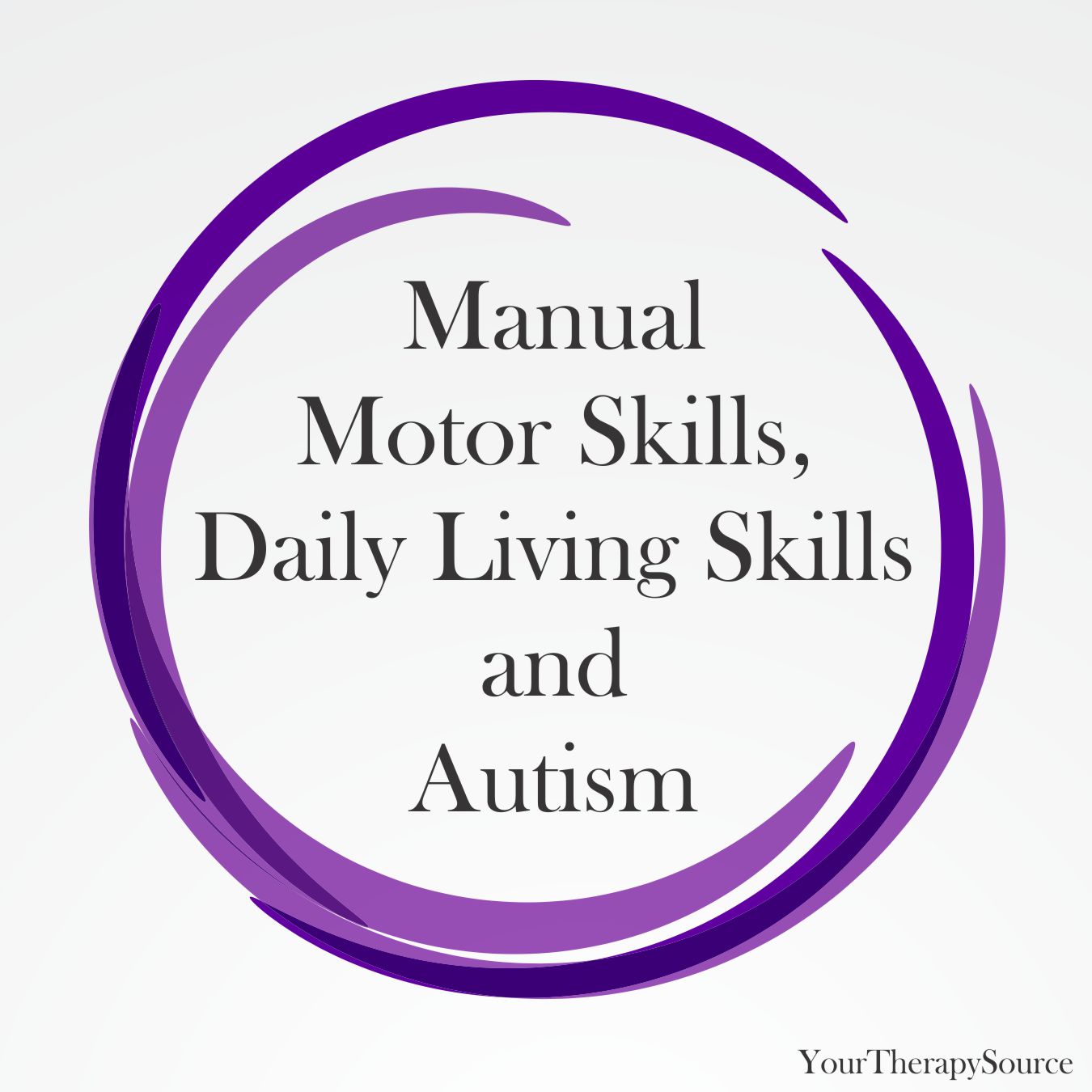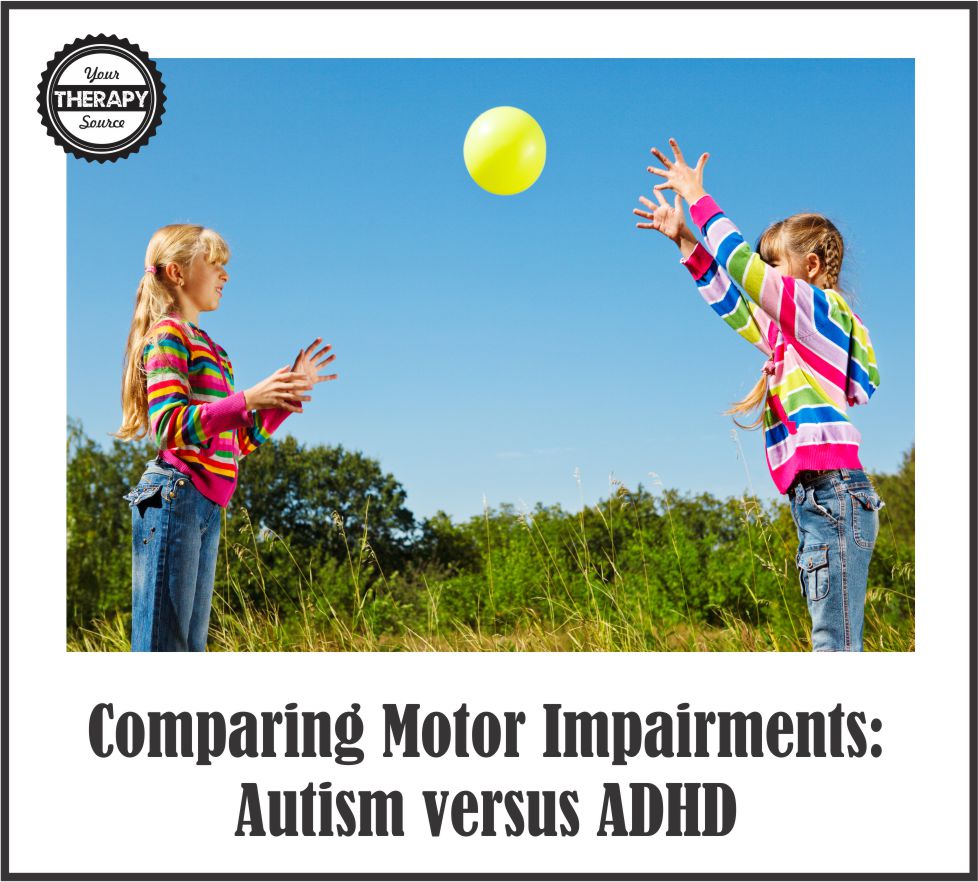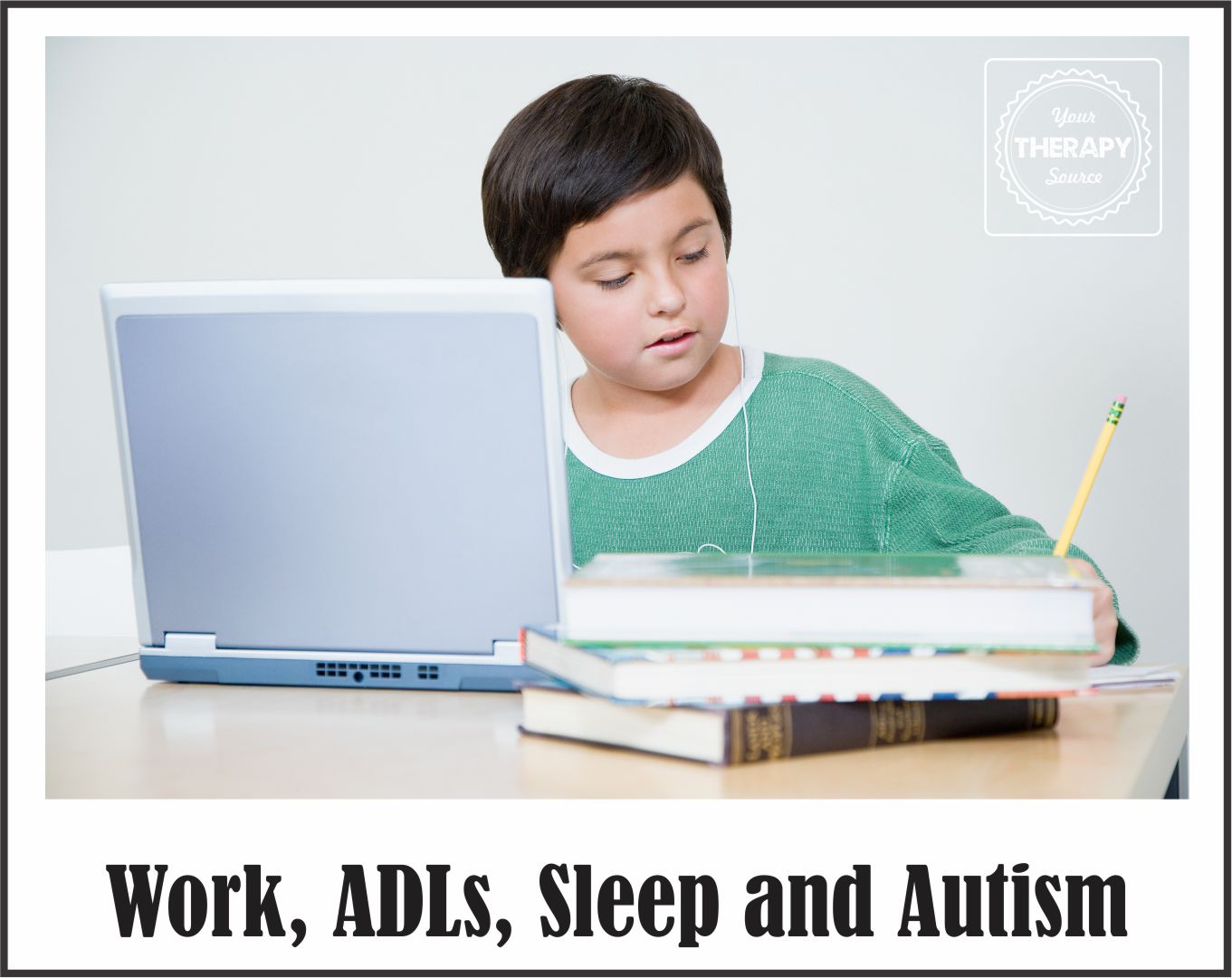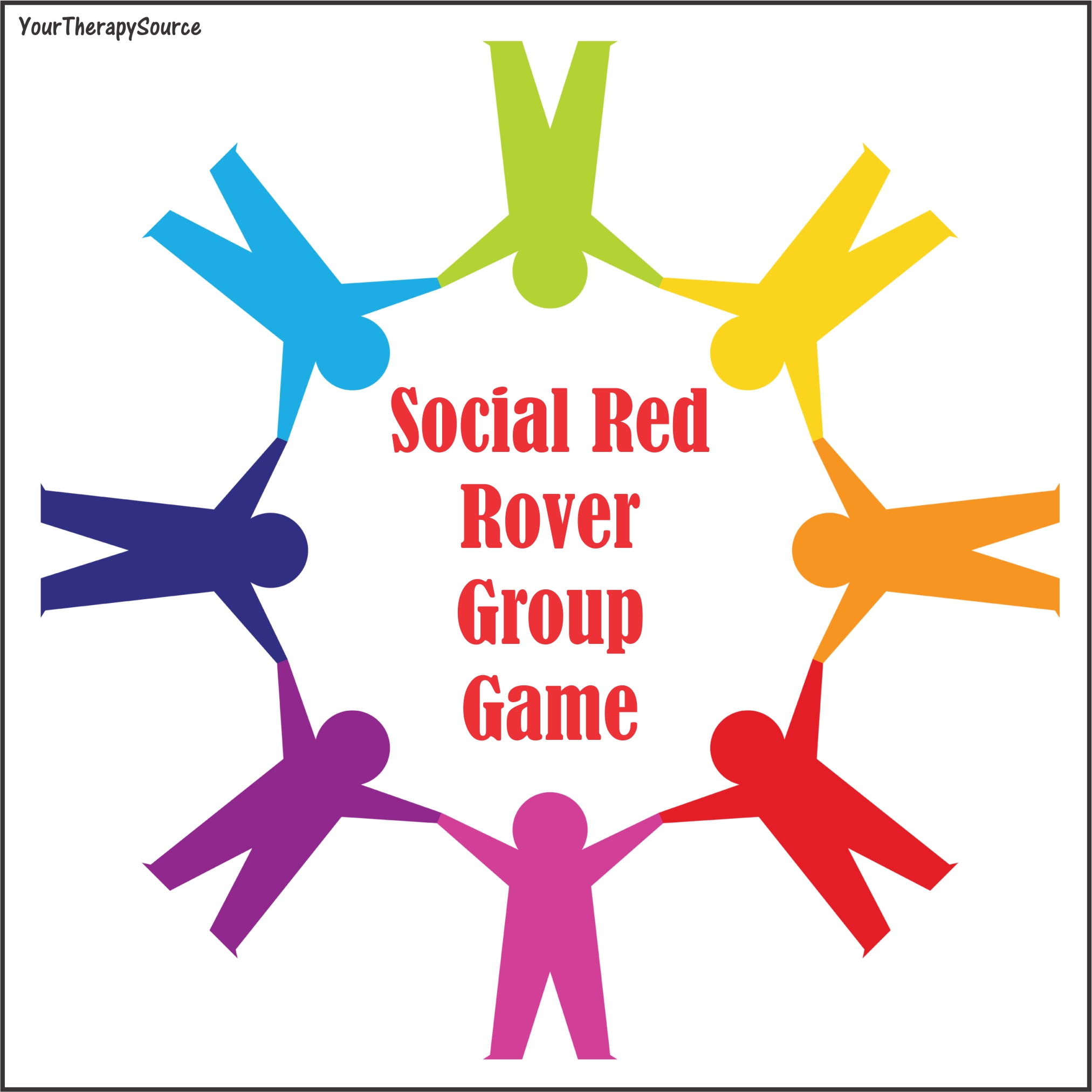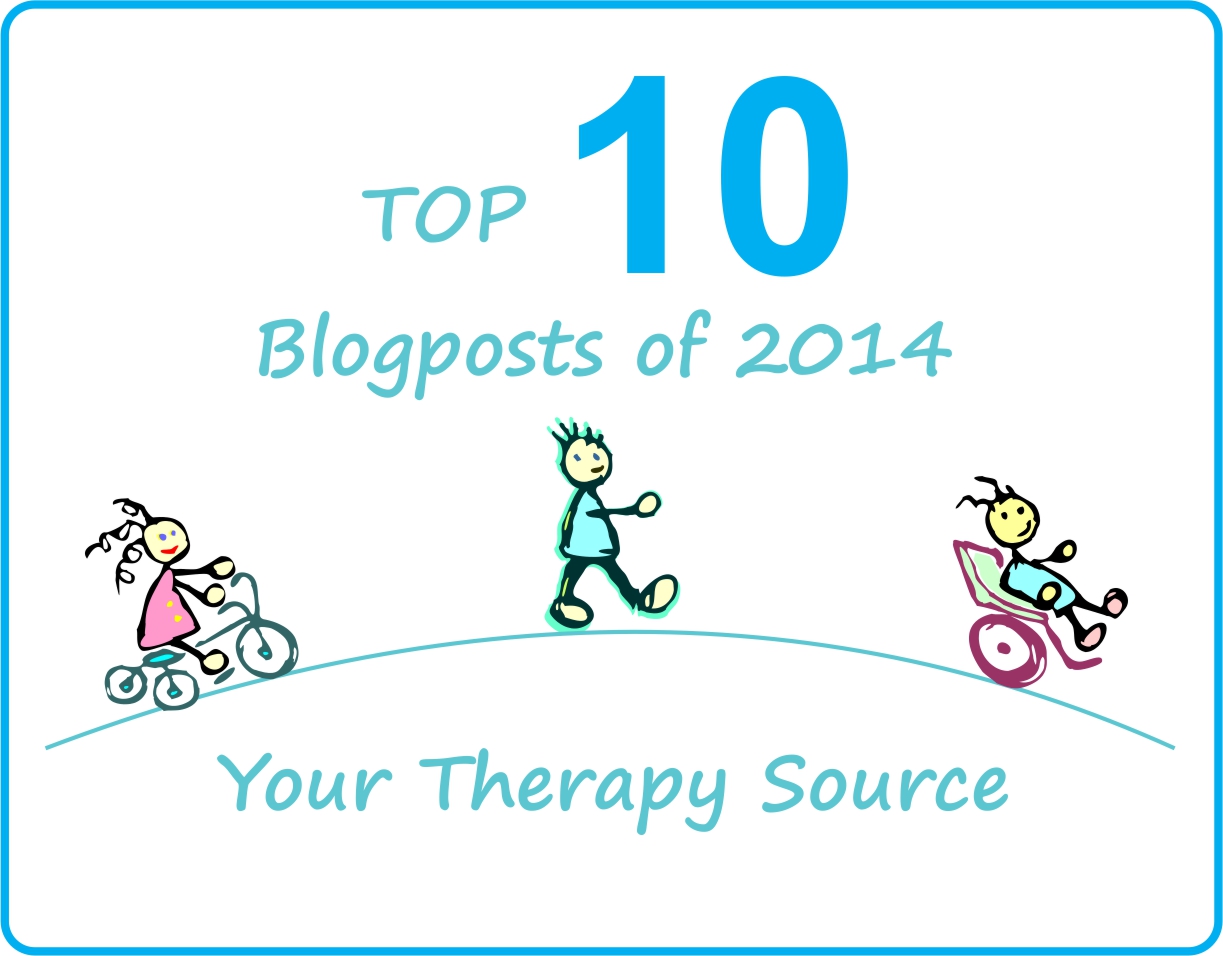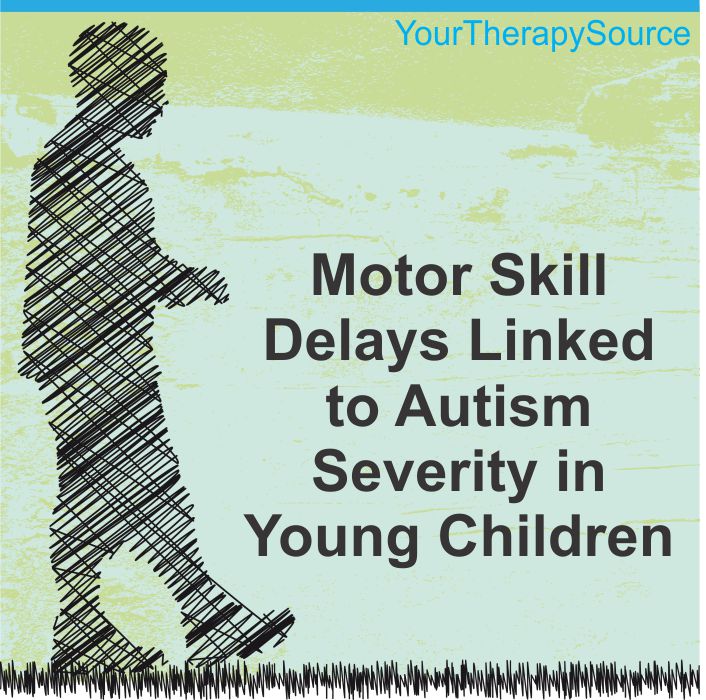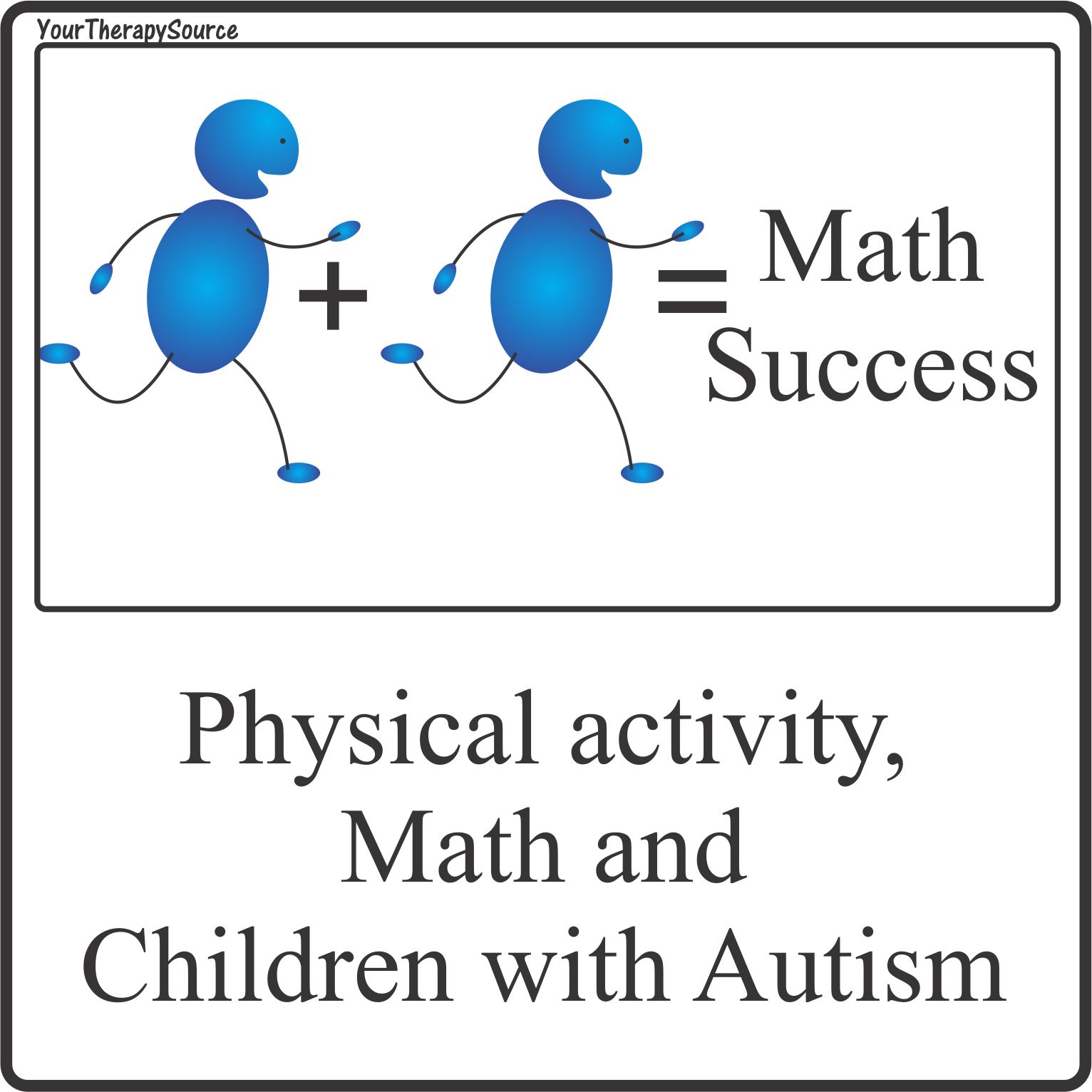Increasing Engagement on the Playground for Students with Autism
If you are a school-based therapist, teacher, or parent you may be looking for suggestions and tips for increasing engagement on the playground for students with autism. It can be a struggle for some students to participate on the playground if they have deficits in motor skills, social skills or sensory processing. Many times, professionals […]
Praxis, Motor Skills and Autism Spectrum Disorder
Praxis, Motor Skills, and Autism Spectrum Disorder Research in Developmental Disabilities examined the relationship of praxis, motor skills, and Autism Spectrum Disorder (ASD). As pediatric therapists, we are well aware of the basic motor skill deficits in balance, gait, and coordination in children with ASD but it can be hard to establish relationships between cognition, symptom […]
Manual Motor Skills, Daily Living Skills and Autism
Developmental Science published research examining the longitudinal development of manual motor skills and daily living skills in individuals with autism spectrum disorder (ASD). Longitudinal grip strength and finger tapping, along with the relationship to current and future daily living skills, was evaluated in 90 individuals with ASD and 56 individuals with typical development who ranged […]
Comparing Motor Impairments: Autism versus ADHD
The Journal of Autism and Developmental Disorders published research to examine the evidence regarding motor impairment specificity in autism spectrum disorder (ASD) and attention deficit/hyperactivity disorder (ADHD). It is difficult to determine if there is evidence for specificity of motor impairment within different clinical groups. For example, are certain motor impairments associated with specific diagnoses? Previous research indicates […]
Work, ADLs, Sleep and Autism
American Journal of Occupational Therapy published a systemic review on the effectiveness of work, activities of daily living (ADL), instrumental activities of daily living (IADL) education, and sleep interventions for people with autism spectrum disorder (ASD). The author found a total of 23 studies: 9 work related, 11 ADL/IADL, 3 education-related interventions and 0 sleep studies were […]
Social Red Rover Group Game
Social Red Rover Group Activity Purpose: Promote motor skill development, cooperation and social skills. Materials: none Activity: Divide the group up into two teams. Place one team on one side of the room and one team on the other side of the room. Just like Red Rover the teams call friends over – i.e. “Red […]
Top 10 Blogposts from 2014
Here are the top 10 blogposts viewed during 2014: 1. Self Regulation Games for Children: https://www.yourtherapysource.com/blog1/blog1/2009/06/19/self-regulation-activities/ 2. 12 Printable Halloween Freebies https://www.yourtherapysource.com/blog1/blog1/2014/10/24/12-printable-halloween-freebies/ 3. 5 Ways to “Write” Your Name without Writing Letters https://www.yourtherapysource.com/blog1/blog1/2014/07/09/5-ways-to-write-your-name-without-writing-letters/ 4. Motor Planning Activity Using Pool Noodles https://www.yourtherapysource.com/blog1/blog1/2014/10/02/motor-planning-activity-using-pool-noodles/ 5. Early Predictors Of Autism – Self Regulation and Sleep Patterns https://www.yourtherapysource.com/blog1/blog1/2014/09/22/early-predictors-of-autism-self-regulation-and-sleep-patterns/ 6. Self-Improvement Worksheet https://www.yourtherapysource.com/blog1/blog1/2014/06/03/self-improvement/ 7. Sensory Based Problem […]
Motor Skills Linked to Autism Severity in Young Children
Adapted Physical Activity Quarterly has published research on motor skill deficiencies and the severity of symptoms in 159 young children (110 with autism diagnosis) ages 12 – 33 months. The researcher, Megan MacDonald, from Oregon State University, found the following: 1. children with autism were nearly a year behind their typical peers in […]
Physical activity, Math and Children with Autism
Recently, a small research study was completed with 6 elementary students with autism spectrum disorder (ASD) who participated in a modified single-case design investigation. There was a four-day baseline phase followed by 13 days of an intervention phase that included structured physical activity based on the individual students’ needs, then a reversal phase for four […]

